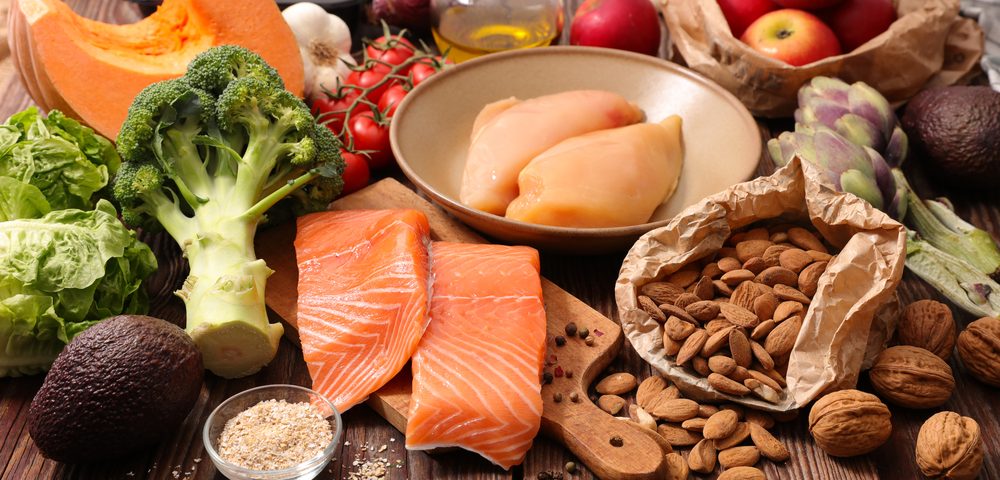A diet rich in whole grains and fiber may protect against colon cancer by reducing the amount of a bacteria in the intestine that is thought to contribute to the onset of the disease.
The study, “Association of Dietary Patterns With Risk of Colorectal Cancer Subtypes Classified by Fusobacterium Nucleatum in Tumor Tissue,” was published in JAMA Oncology.
“Recent experiments have suggested that F. nucleatum [the Fusobacterium nucleatum bacteria] may contribute to the development of colorectal cancer by interfering with the immune system and activating growth pathways in colon cells,” co-senior author Shuji Ogino, MD, PhD, said in a press release. Ogino is with the Dana-Farber, Harvard T.H. Chan School of Public Health, and Brigham and Women’s Hospital.
“One study showed that F. nucleatum in the stool increased markedly after participants switched from a prudent to a Western-style, low fiber diet. We theorized that the link between a prudent diet and reduced colorectal cancer risk would be more evident for tumors enriched with F. nucleatum than for those without it,” Ogino said.
The researchers analyzed dietary records of 137,217 adults in the Nurses’ Health Study and the Health Professionals Follow-up Study. Twenty-six to 32 years after the follow-up began, 1,019 participants whose records indicated they had F. nucleatum developed colon or rectal cancer.
Participants who followed a diet consisting of fruits, vegetables, whole grains, legumes, fish, and low-fat dairy products were 57 percent less likely to develop F. nucleatum–positive cancers, according to the study. No differences were seen in F. nucleatum–negative cancers.
“Though our research dealt with only one type of bacteria, it points to a much broader phenomenon— that intestinal bacteria can act in concert with diet to reduce or increase the risk of certain types of colorectal cancer,” Ogino said.
“These data are among the first in humans that show a connection between long-term dietary intake and the bacteria in tumor tissue. This supports earlier studies that show some gut bacteria can directly cause the development of cancers in animals,” said Andrew Chan, MD, MPH, a co-author of the study. He is with Massachusetts General Hospital, Brigham and Women’s, and the Broad Institute of MIT and Harvard.
The researchers noted that further studies are needed to unravel the complex associations between diet, gut microbiota, and cancer risk.


